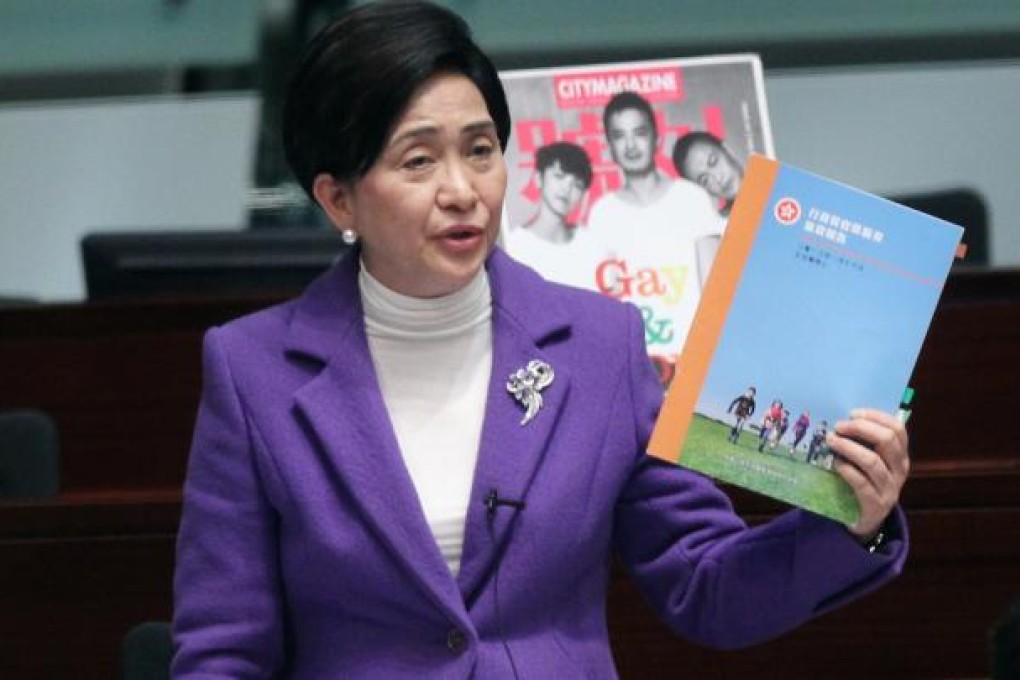United Nations grills Hong Kong over right to vote
Human Rights Committee tells constitutional officials that universal suffrage means freedom to stand for election as well as to vote

The United Nations Human Rights Committee has raised concerns over Hong Kong's prospects for universal suffrage and over its requests to the mainland to clarify the Basic Law on issues affecting right of abode, a pan-democrat said yesterday.
Press freedom was also on the agenda as the government was called to give account to the committee in Geneva, said Emily Lau Wai-hing of the Democratic Party who sat in on the six-hour hearing on Wednesday.
"The [UN] committee is very concerned about universal suffrage and when the chief executive and the legislative council will be fully directly elected," said Lau.
The [UN] committee is very concerned about universal suffrage and when the chief executive and the legislative council will be fully directly elected
"They also want the administration to make it clear that election by universal suffrage does not only mean people having the right to vote, but it should also mean that people should have the right to stand for election," she added.
Lau said government representatives at the hearing, who included the Constitutional and Mainland Affairs Bureau's Undersecretary Lau Kong-wah and Permanent Secretary Chang King-yiu, were not very forthcoming with their answers.
"They just said they would start consulting the Hong Kong people at the right time," said Emily Lau.
The committee will issue a report on the hearing at the end of the month as part of the International Covenant on Civil and Political Rights signed by the colonial government in 1976.